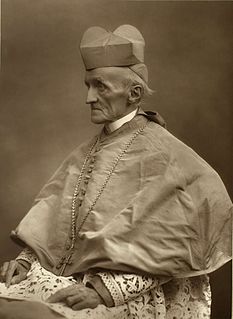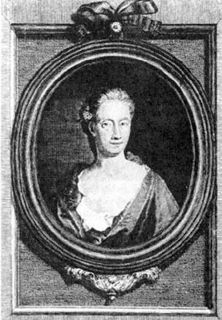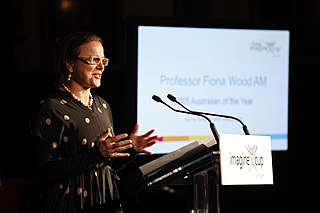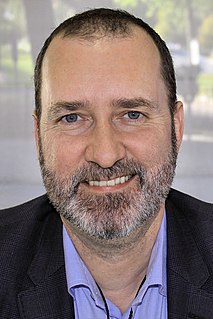A Quote by Henry Edward Manning
A critic knows more than the author he criticizes, or just as much, or at least somewhat less.
Related Quotes
love is thicker than forget more thinner than recall more seldom than a wave is wet more frequent than to fail it is most mad and moonly and less it shall unbe than all the sea which only is deeper than the sea love is less always than to win less never than alive less bigger than the least begin less littler than forgive it is most sane and sunly and more it cannot die than all the sky which only is higher than the sky
Learning to explain phenomena such that one continues to be fascinated by the failure of one's explanations creates a continuing cycle of thinking, that is the crux of intelligence. It isn't that one person knows more than another, then. In as sense, it is important to know less than the next person, or at least to be certain of less, thus enabling more curiosity and less explaining away because one has again encountered a well-known phenomenon. The less you know the more you can find out about, and finding out for oneself is what intelligence is all about.
































